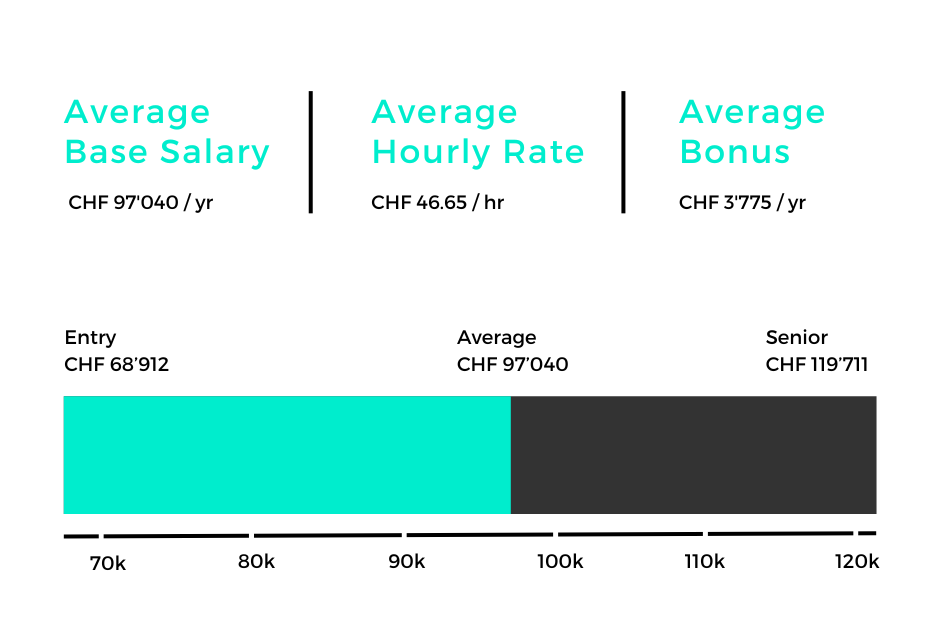Roles in Tech
Back-End Developer
Have you ever wondered how your favorite websites and apps work so seamlessly? Well, you have Back-End Developers to thank for that.

Back-End Developer is a tech wizard who builds and maintains the behind-the-scenes systems that power the digital world. They work on the server side of things, handling the data processing, storage, and retrieval that makes websites and apps function.
While Front-End Developers focus on the user interface and experience, Back-End Developers are the ones responsible for making everything work smoothly and efficiently. They write code to ensure that data is transferred securely, websites load quickly, and apps don’t crash.
It’s a challenging and ever-evolving field, but Back-End Developers are passionate about what they do. They thrive on solving complex problems and developing creative solutions to make technology work better.
Skills and expertise
- Proficiency in programming languages and frameworks
- Strong understanding of server-side architecture and database management
- Knowledge of web servers and HTTP protocols
- Ability to write scalable and efficient code
- Familiarity with security best practices and data privacy regulations
- Debugging and troubleshooting skills
- Strong analytical skills
- The ability to collaborate effectively
Main tasks and responsibilities
- Building and maintaining the server-side architecture of web applications
- Developing APIs for internal and external use
- Creating and managing databases
- Collaborating with Front-End Developers to ensure the smooth functioning of the entire application
- Monitoring application performance and optimizing for speed and scalability
Main tools and software
- Programming languages: Java, Python, Ruby, PHP
- Databases: MySQL, MongoDB, Oracle
- Web servers: Apache, Nginx
- API frameworks: Django, Flask, Ruby on Rails
- Development tools: Git, Docker, IDEs
Advantages & Disadvantages

Advantages
- High-demand job with good job prospects and salary potential
- Opportunities to work on complex and challenging projects
- Collaboration with cross-functional teams
- Continuous learning and development opportunities
- Option to work remotely or on a flexible schedule
Disadvantages
- Can be highly technical
- Require advanced problem-solving skills
- May require long hours and high-pressure deadlines
- Limited interaction with end-users
- Can be challenging to keep up with new technologies and industry trends

Is this career a good fit for me?
If you have a strong understanding of programming concepts, enjoy solving complex problems, are passionate about using technology to create innovative solutions, thrive in a fast-paced environment, and enjoy constantly learning and refining your skills, a career as a Back-End Engineer may be a good fit for you. This role requires a deep understanding of server-side languages and frameworks, as well as experience with databases and cloud services.
As a Back-End Engineer, you will work closely with front-end developers, data analysts, and other members of your team to build scalable and robust systems. Strong analytical skills, attention to detail, and the ability to collaborate effectively are essential for success in this role.
Useful links
- Codecademy – an interactive learning platform that offers courses on a variety of programming languages and frameworks, including back-end development tools like Ruby on Rails and Flask
- FreeCodeCamp – a non-profit organization that offers a range of free coding courses, including those focused on back-end development. You can learn topics like Node.js, databases, and APIs
- SQLBolt – an interactive tutorial that teaches SQL concepts, a crucial skill for back-end developers working with databases
- The Backend Engineering Show with Hussein Nasser
Conclusion
A career as a Back-End Engineer can be a rewarding and challenging path for those with a strong technical background and passion for web development. With a positive job outlook and high demand for skilled professionals, this field offers excellent opportunities for growth and advancement.
Other roles
To find the right fit for a career in technology, it’s crucial to explore the wide range of roles available. Discover which roles exist in tech.



